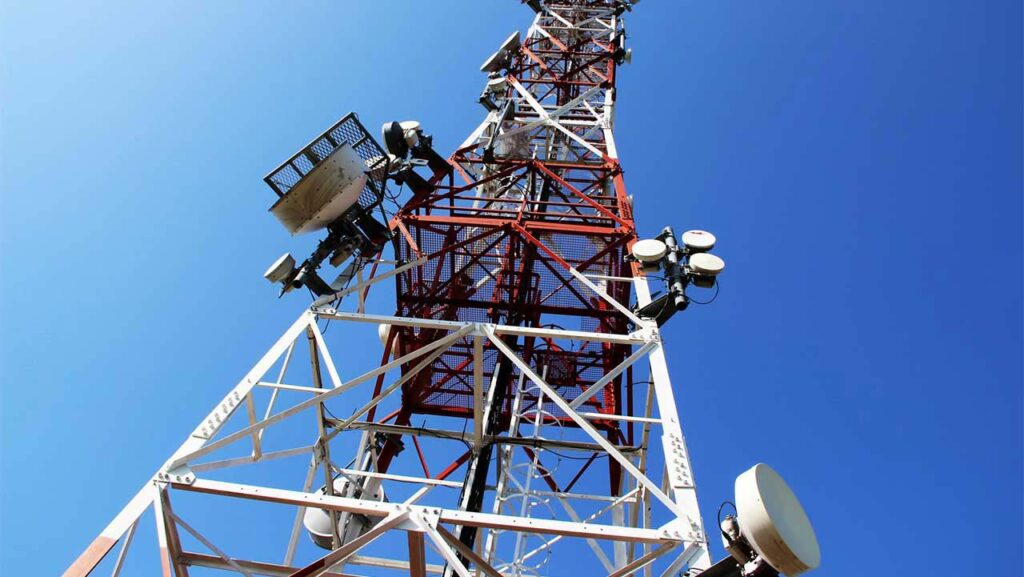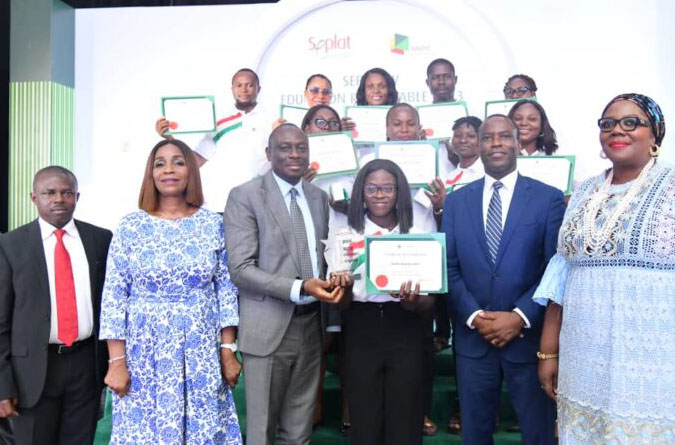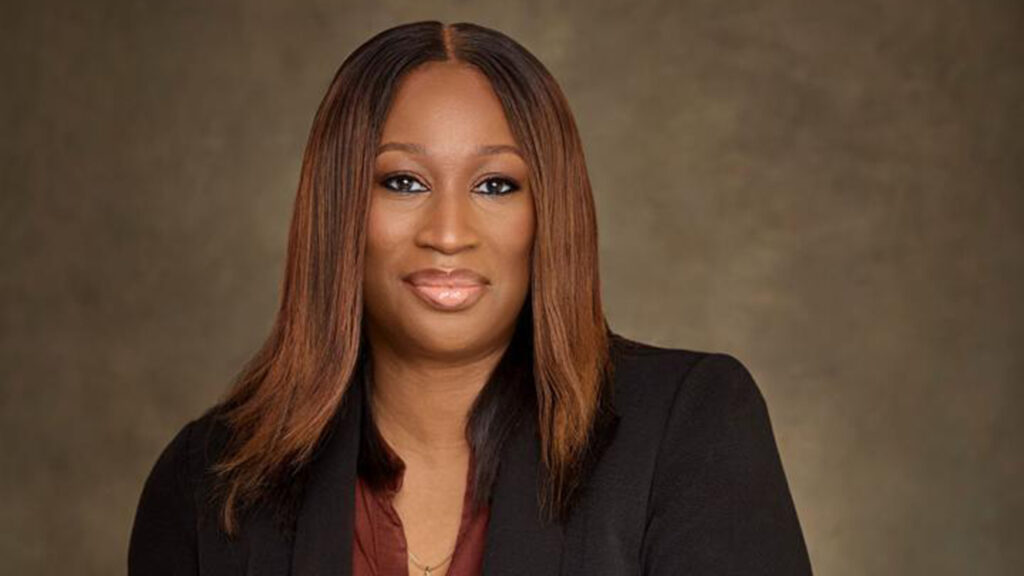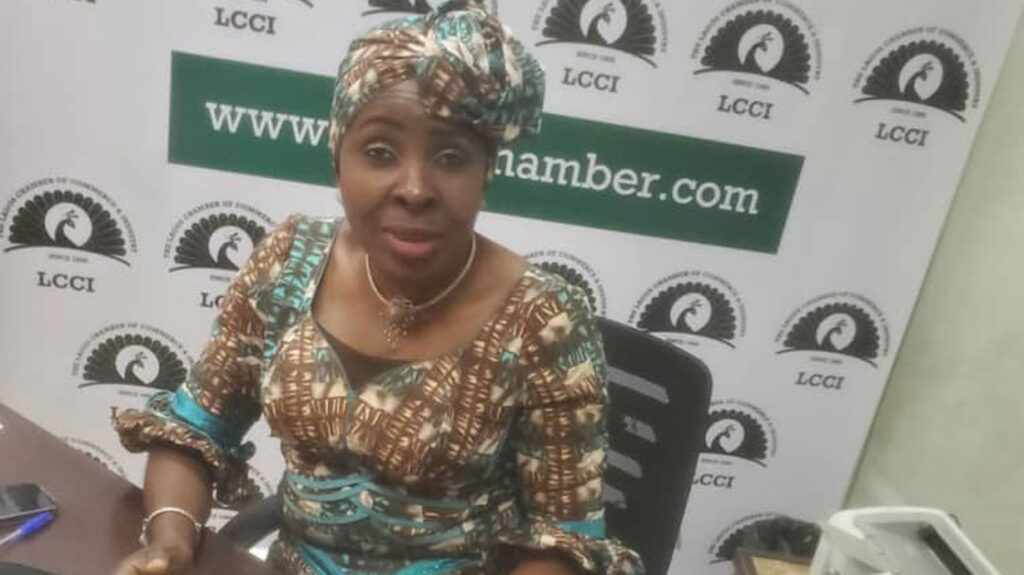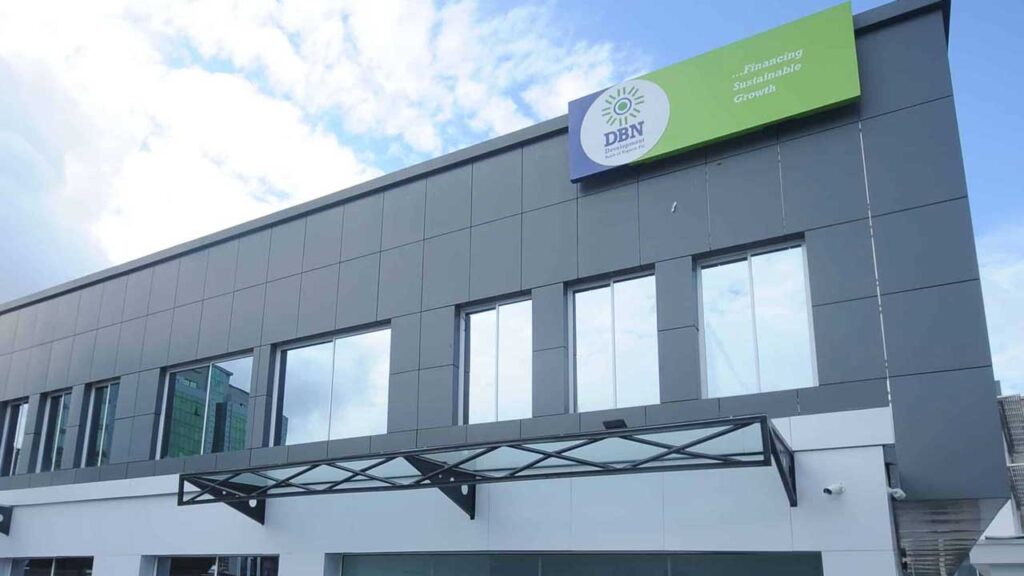The telecommunication sector attracted $191.5 million in Foreign Direct Investment (FDI) in the first quarter of 2024.
This was disclosed by the National Bureau of Statistics (NBS) in the latest capital importation data recently released.
The $191.5 million (769 per cent rise) FDI was a huge departure for the sector from the $22.05 million recorded in Q1, 2023 and $57.79 million in the first quarter of 2022. For 2023, the sector only attracted $134.75 million in FDI.
Recall that Nigeria’s $76 billion telecoms sector has been turbulent in the last few years owing to various challenges plaguing it.
For instance, service providers struggled to attract foreign investments in 2023 due to economic uncertainty. However, the harmonisation of the foreign exchange rate market, clearance of forex backlogs, naira devaluation and high interest rates (following a spike in the inflation rate) has sent positive signals to investors, according to analysts.
MTN Nigeria’s chief executive officer, Karl Toriola, said in the company’s financial report for 2023 that “2023 witnessed a very challenging operating environment characterised by rising inflation, currency devaluation and foreign exchange shortages.”
The increase in capital importation to the telecoms sector may have come as a boost to the country’s ambition to connect at least 70 per cent of its population to broadband by 2025.
These new investments are expected to boost broadband rollout in a country that aims to improve connectivity by plugging a 90,000km fibre gap. Industry experts have said the telecoms industry requires at least $3.4 billion in investments in fibre infrastructure to meet a 70 per cent broadband target.
However, realising that the needed investments are not coming, the Federal Government recently launched a Special Purpose Vehicle (SPV) for the delivery of an additional 90,000km of fibre optic cable to complement existing connectivity for universal access to the internet across Nigeria.
According to the Minister of Communications, Innovation, and Digital Economy, Dr Bosun Tijani, working with partners and stakeholders from the government and private sector, the SPV would build the additional fibre optic coverage required to take Nigeria’s connectivity backbone to a minimum of 125,000km, from the current coverage of about 35,000km.
“Building on our existing work with the Broadband Alliance, this increased connectivity will help plug the current non-consumption gap by connecting over 200,000 educational, healthcare and social institutions across Nigeria, ensuring that a larger section of our society can be included in the benefits of internet connectivity,” the minister said.

